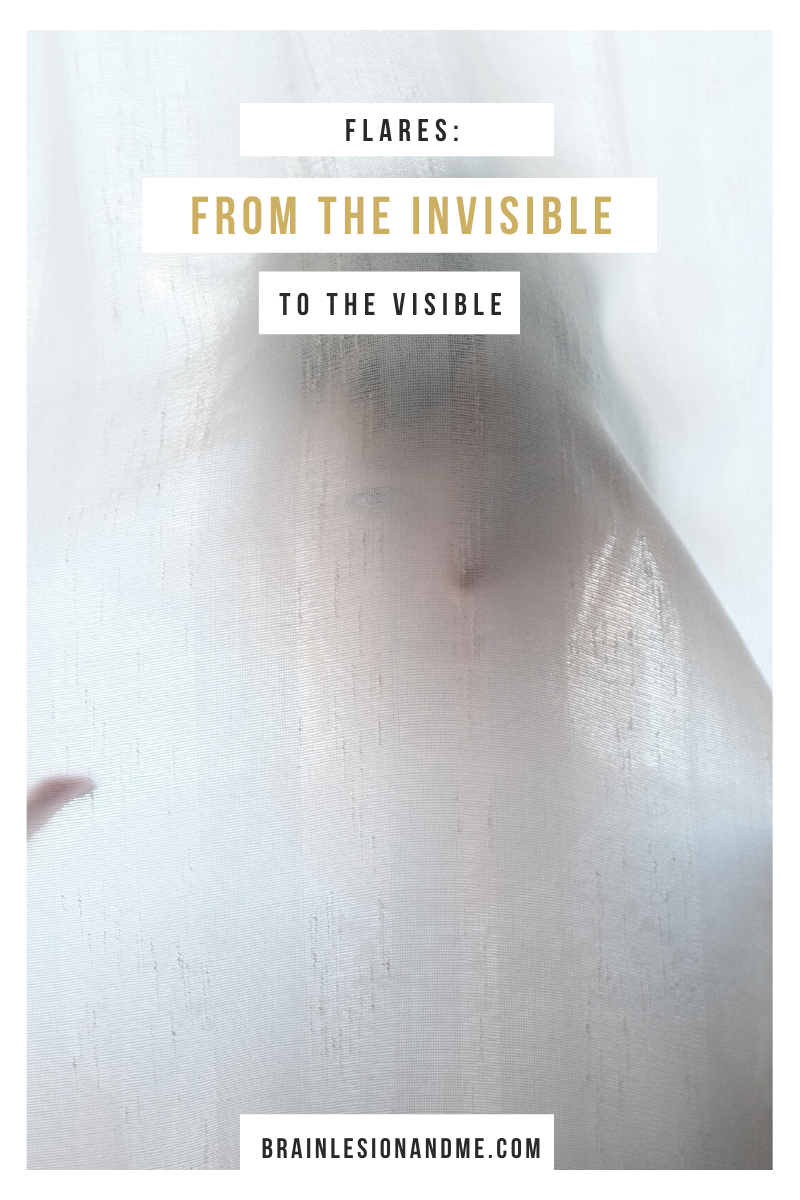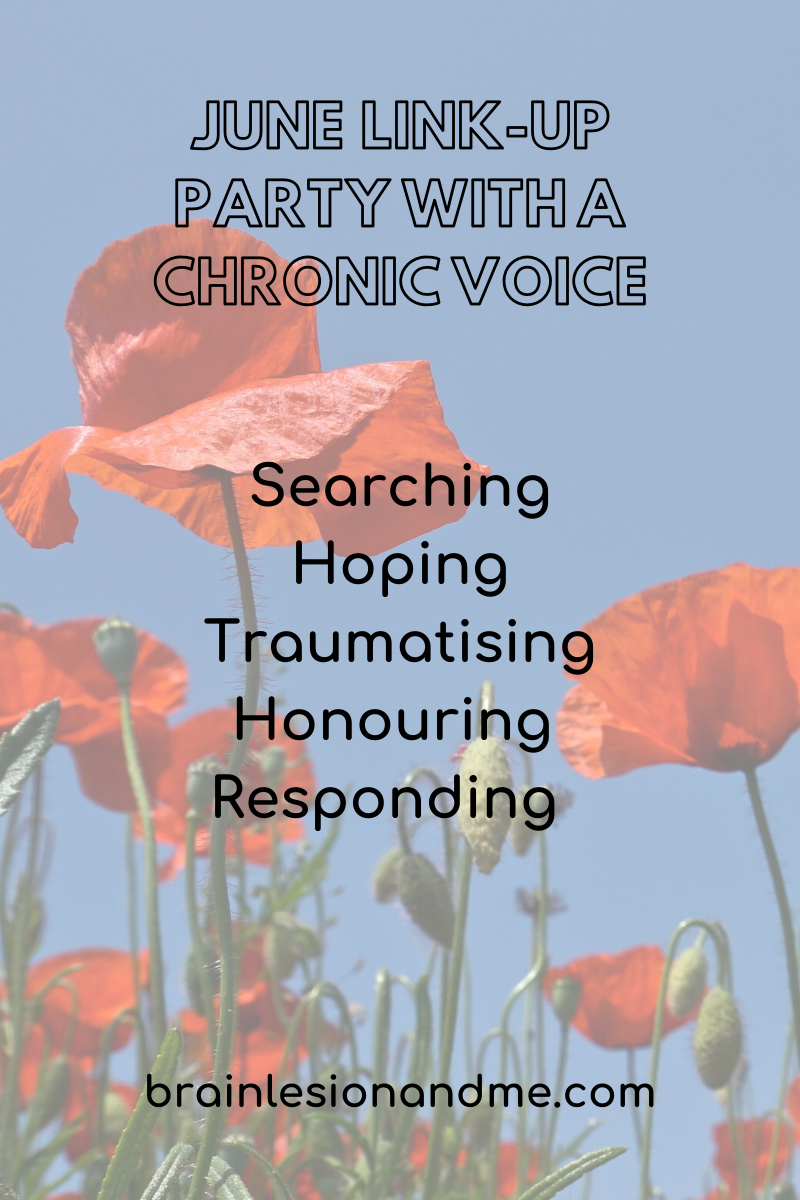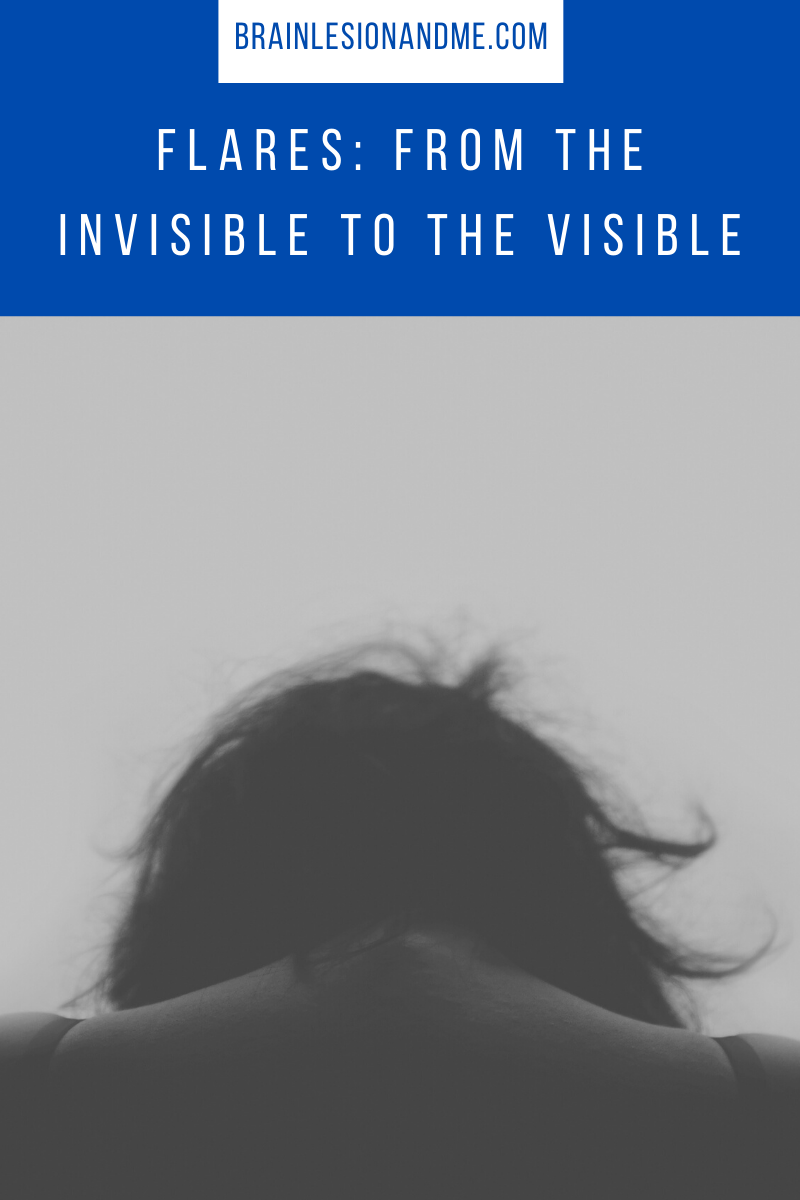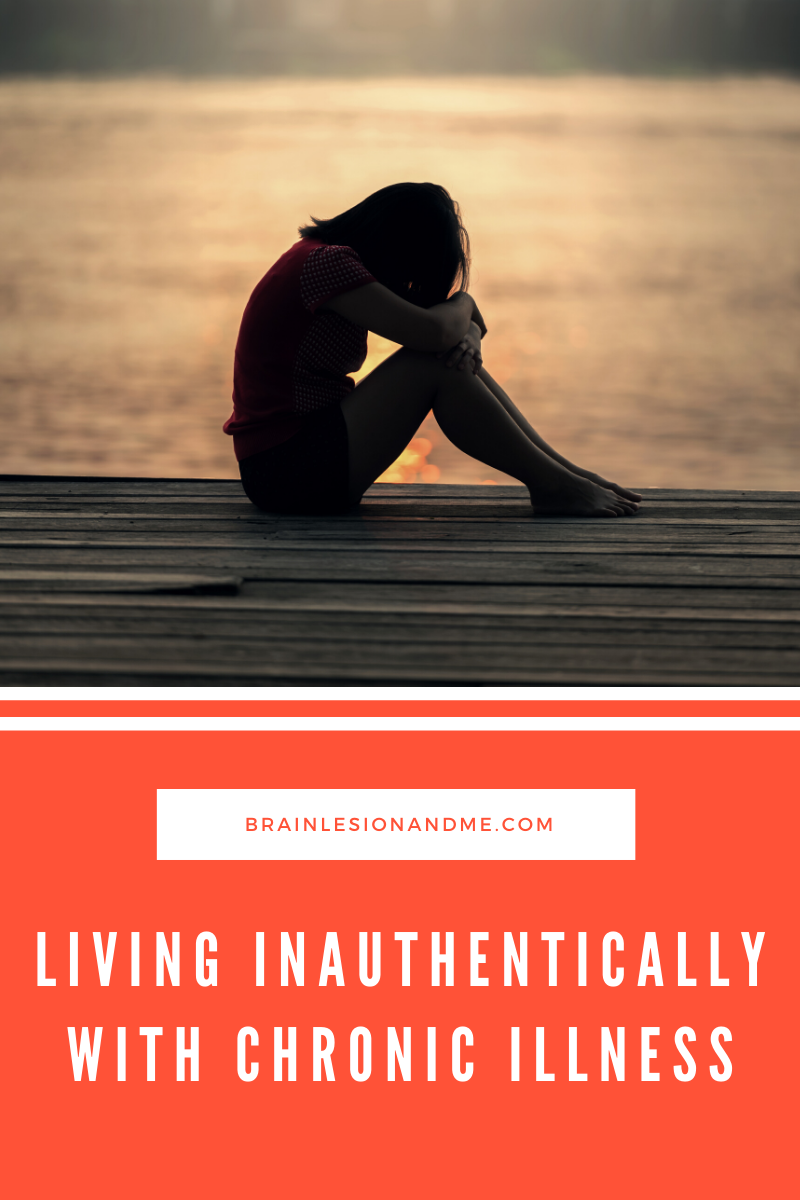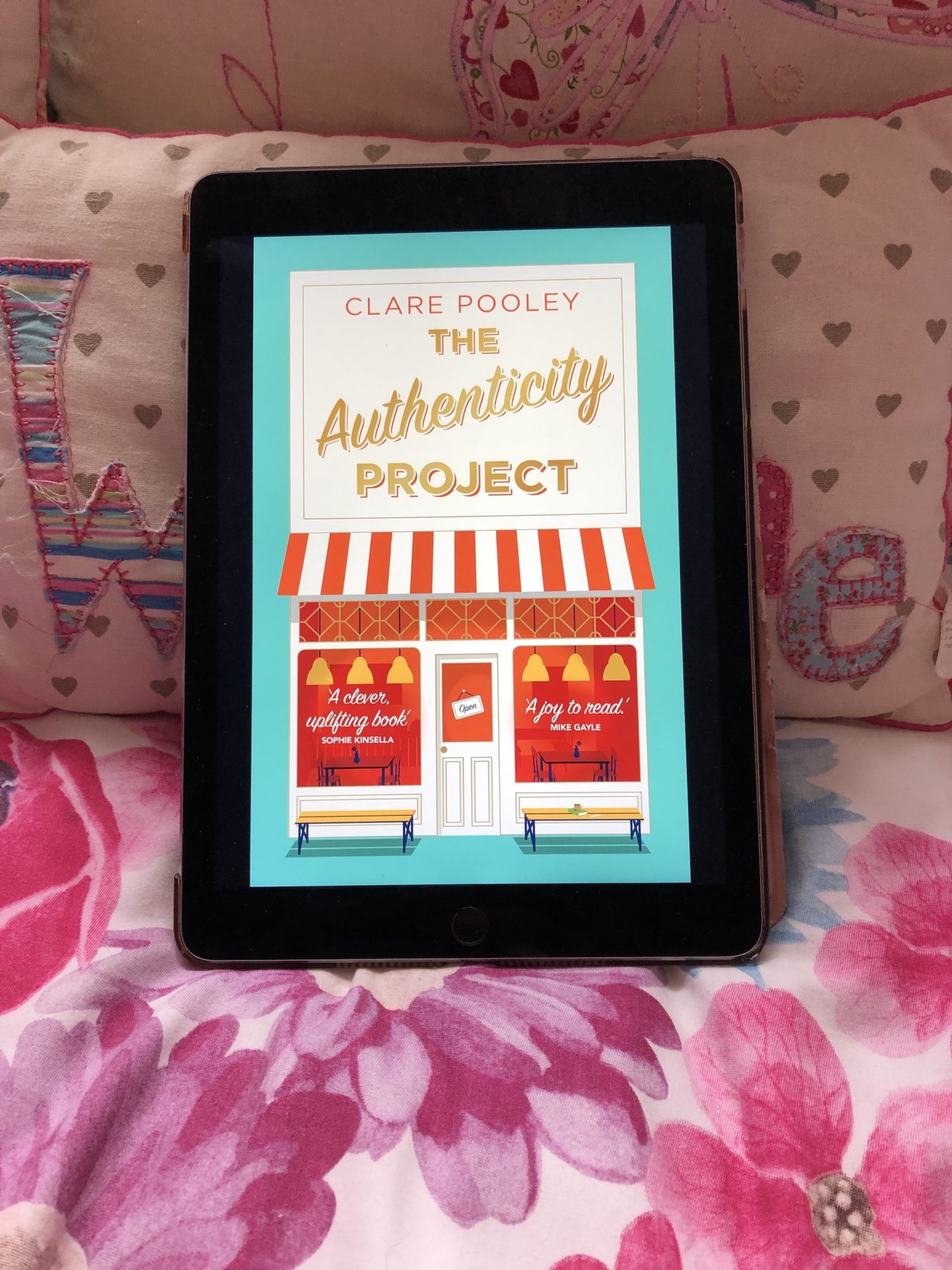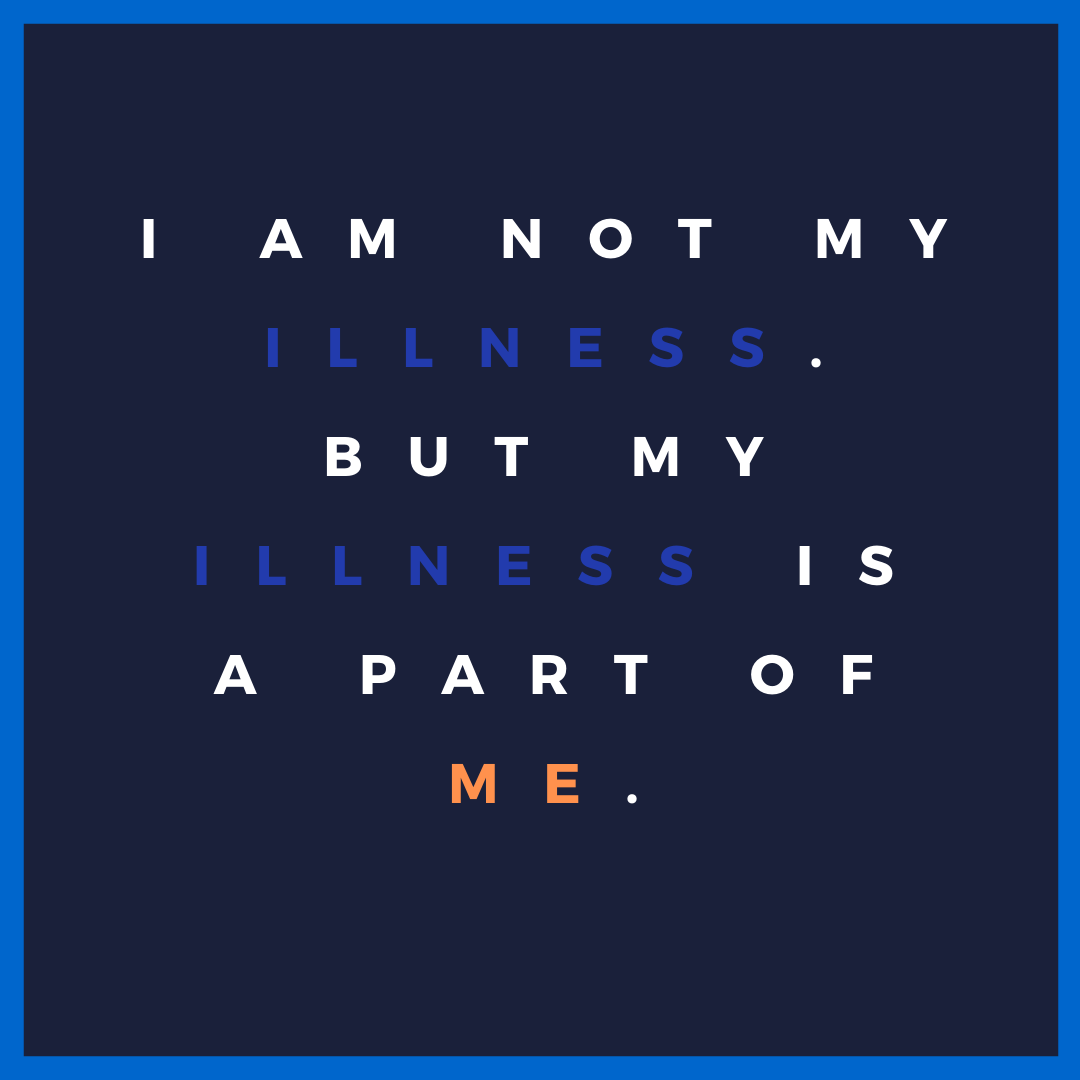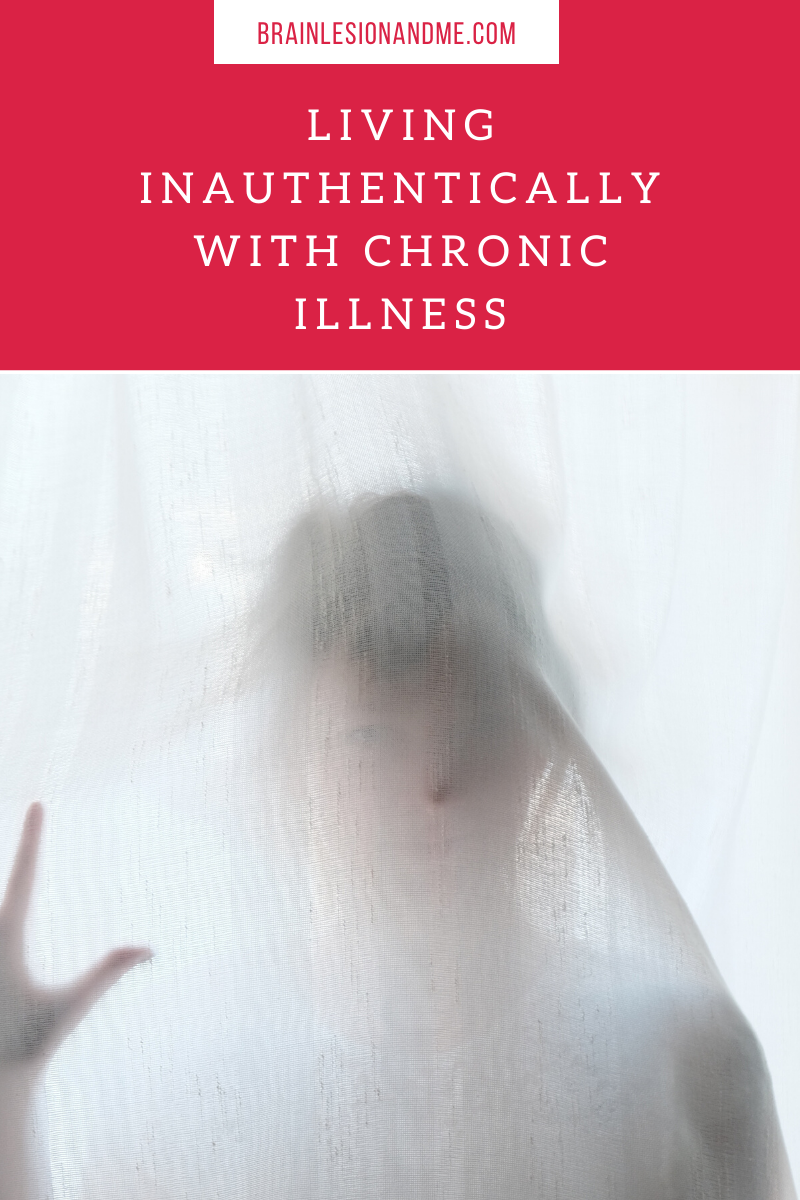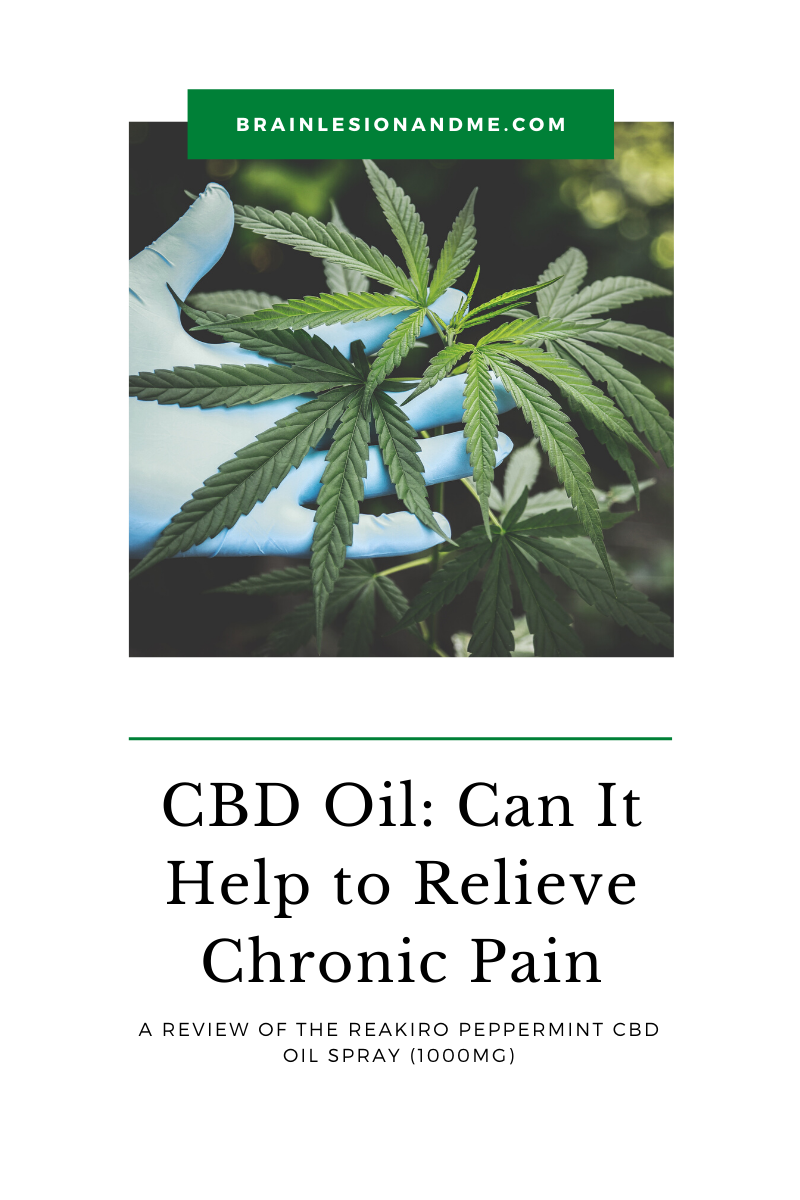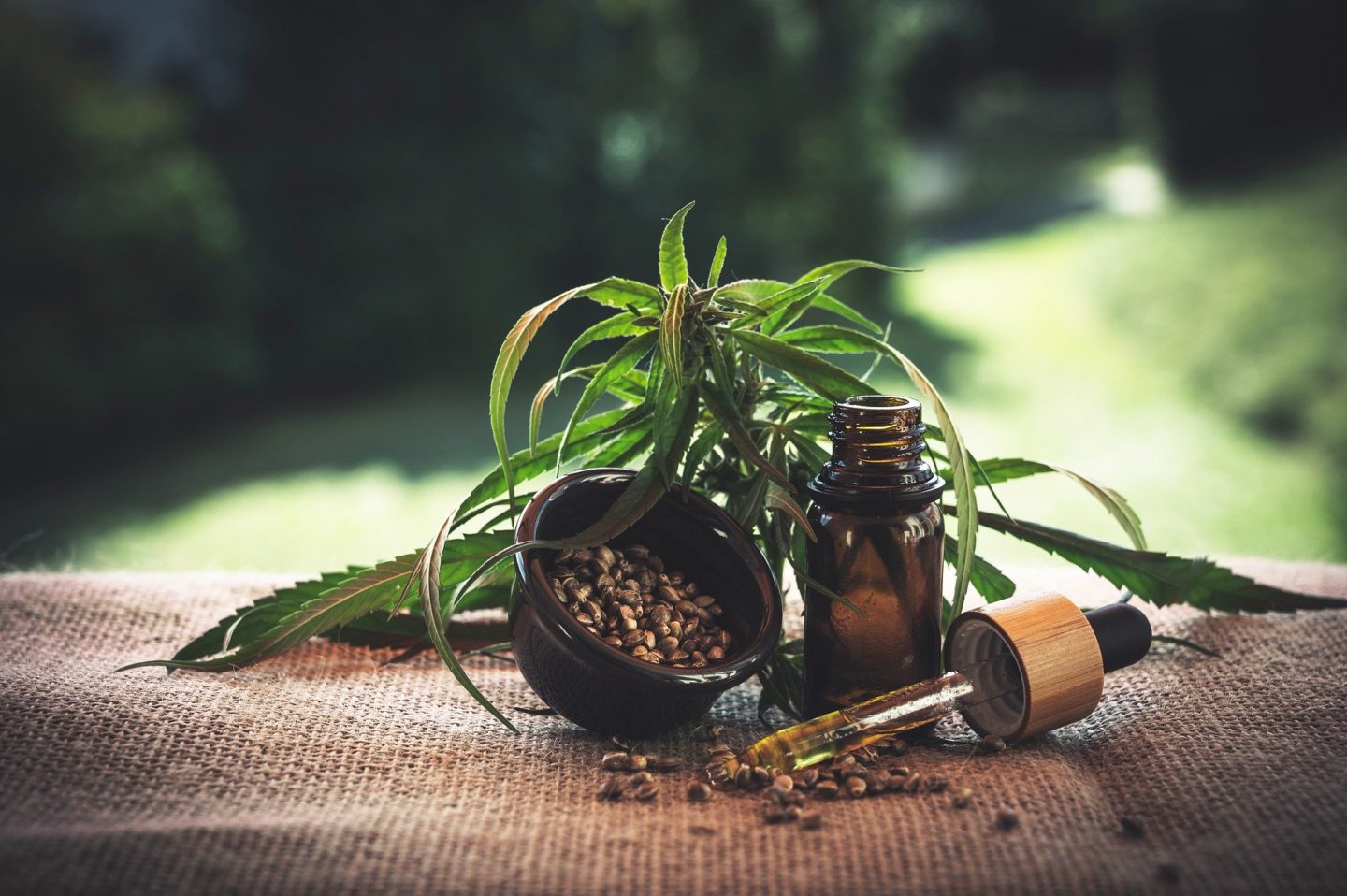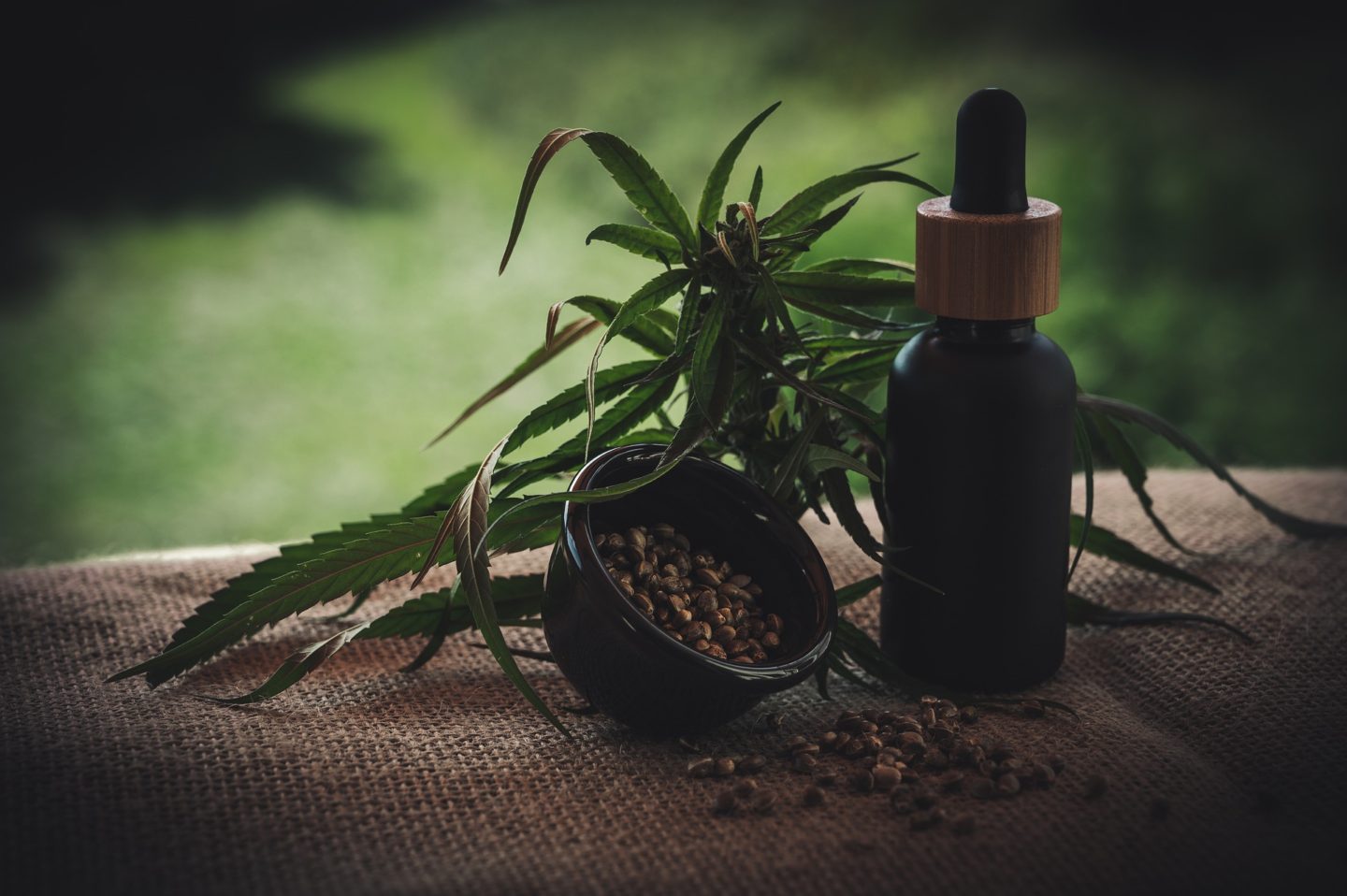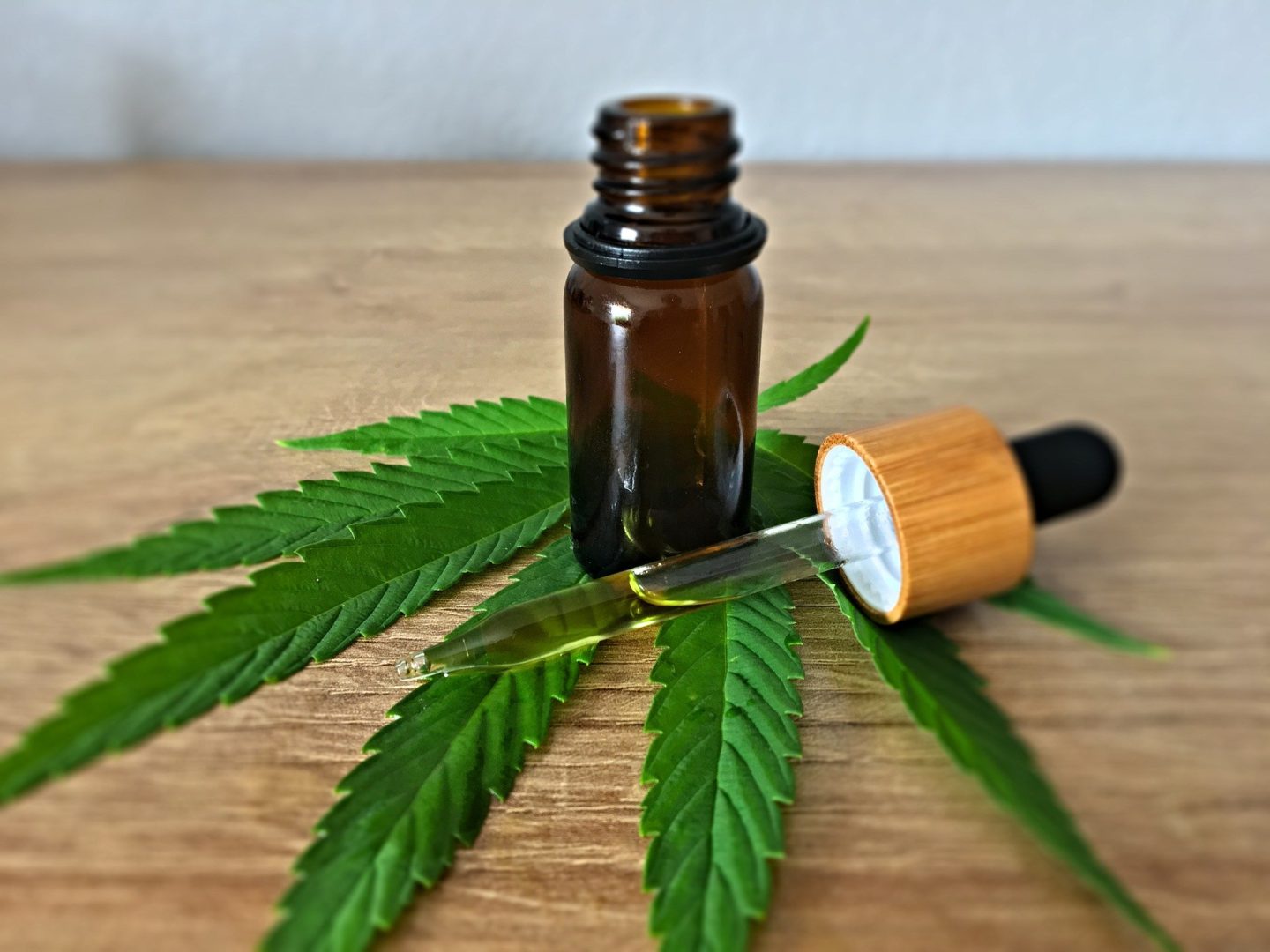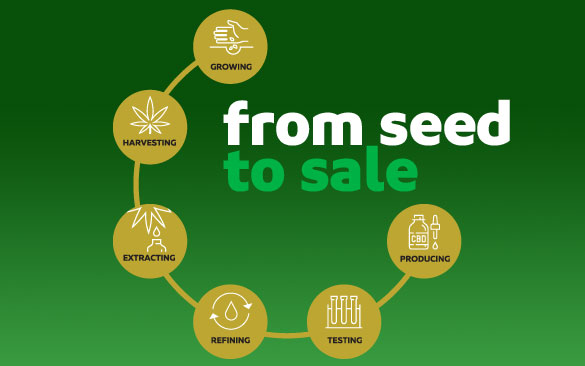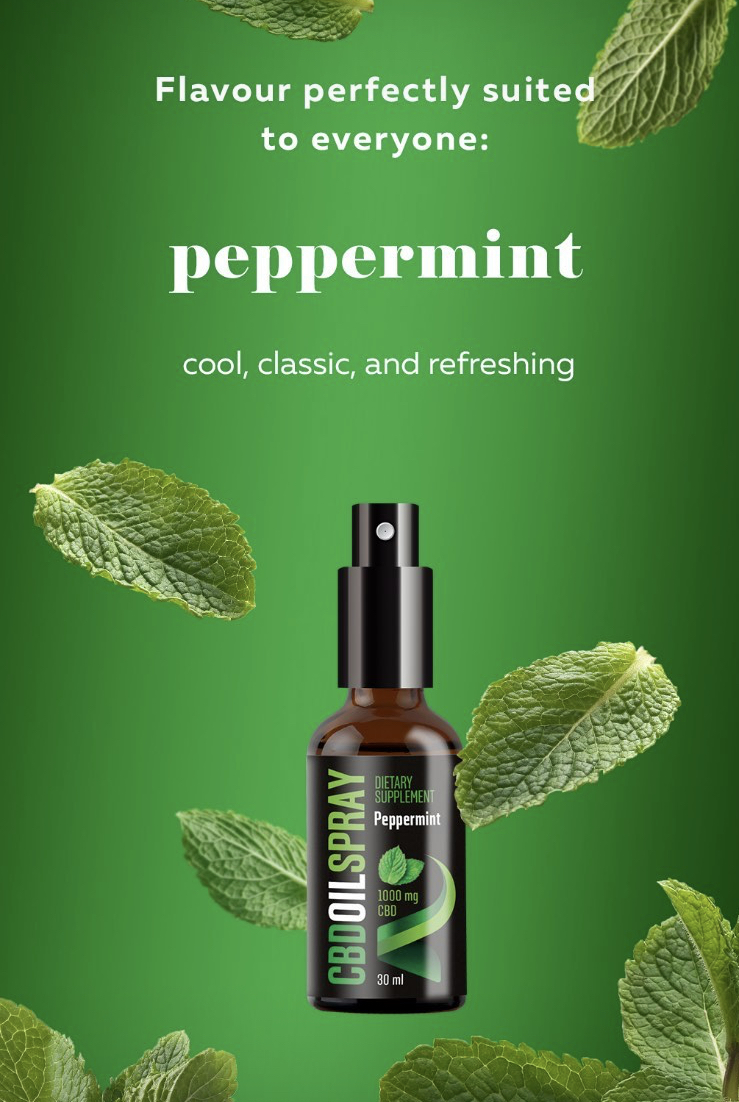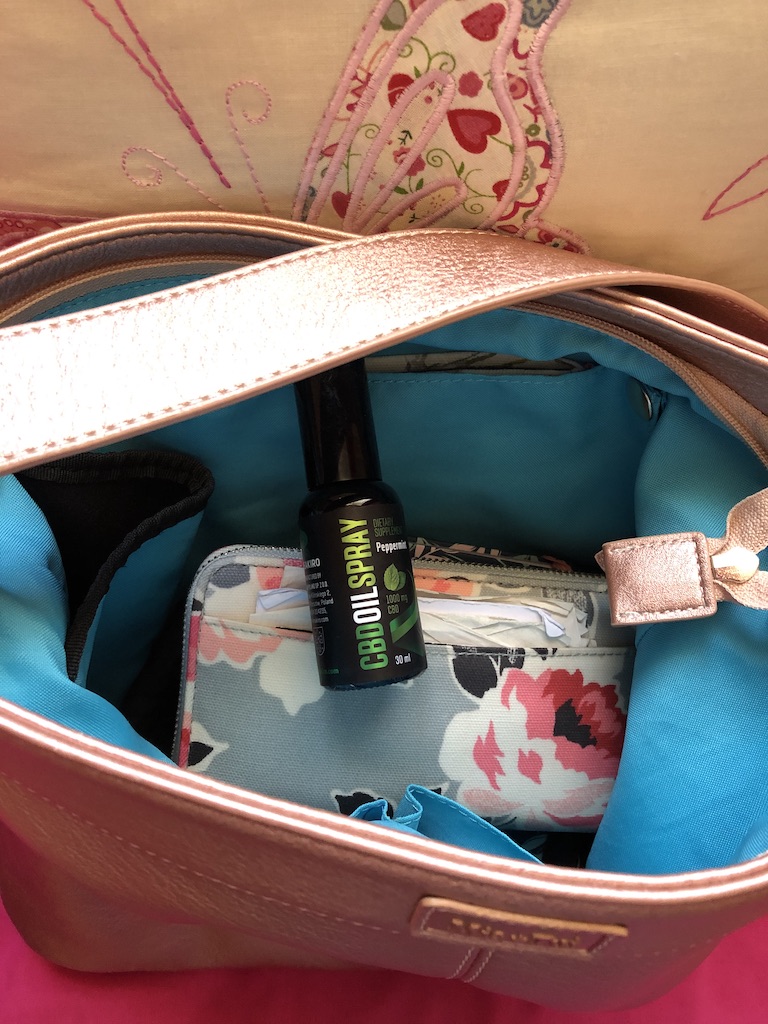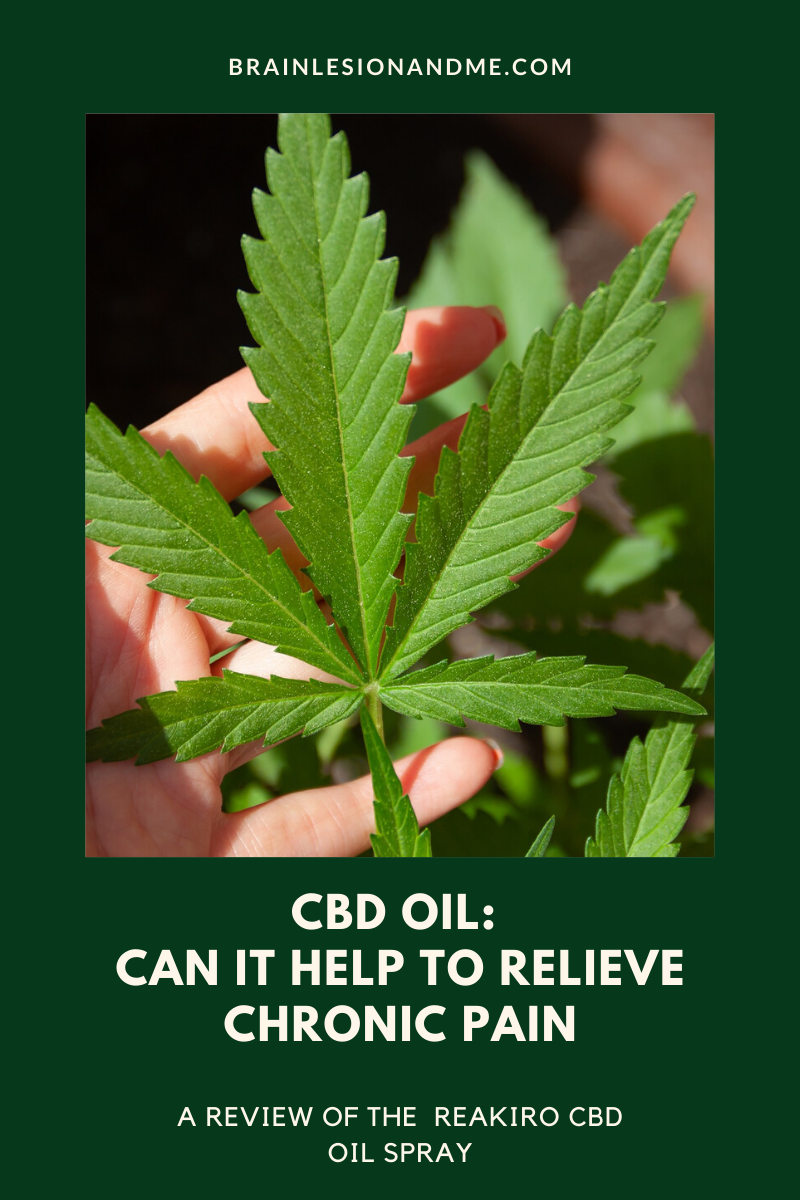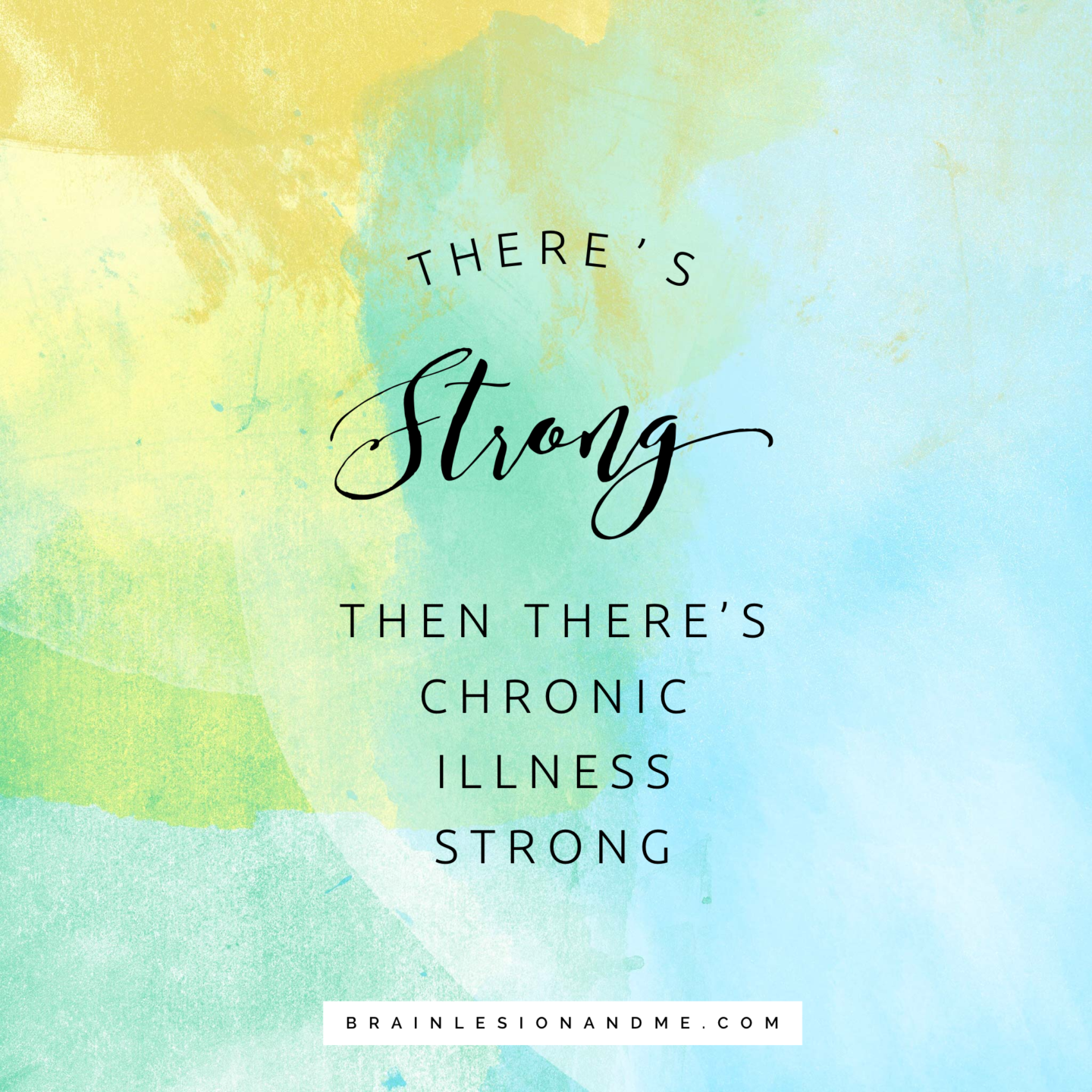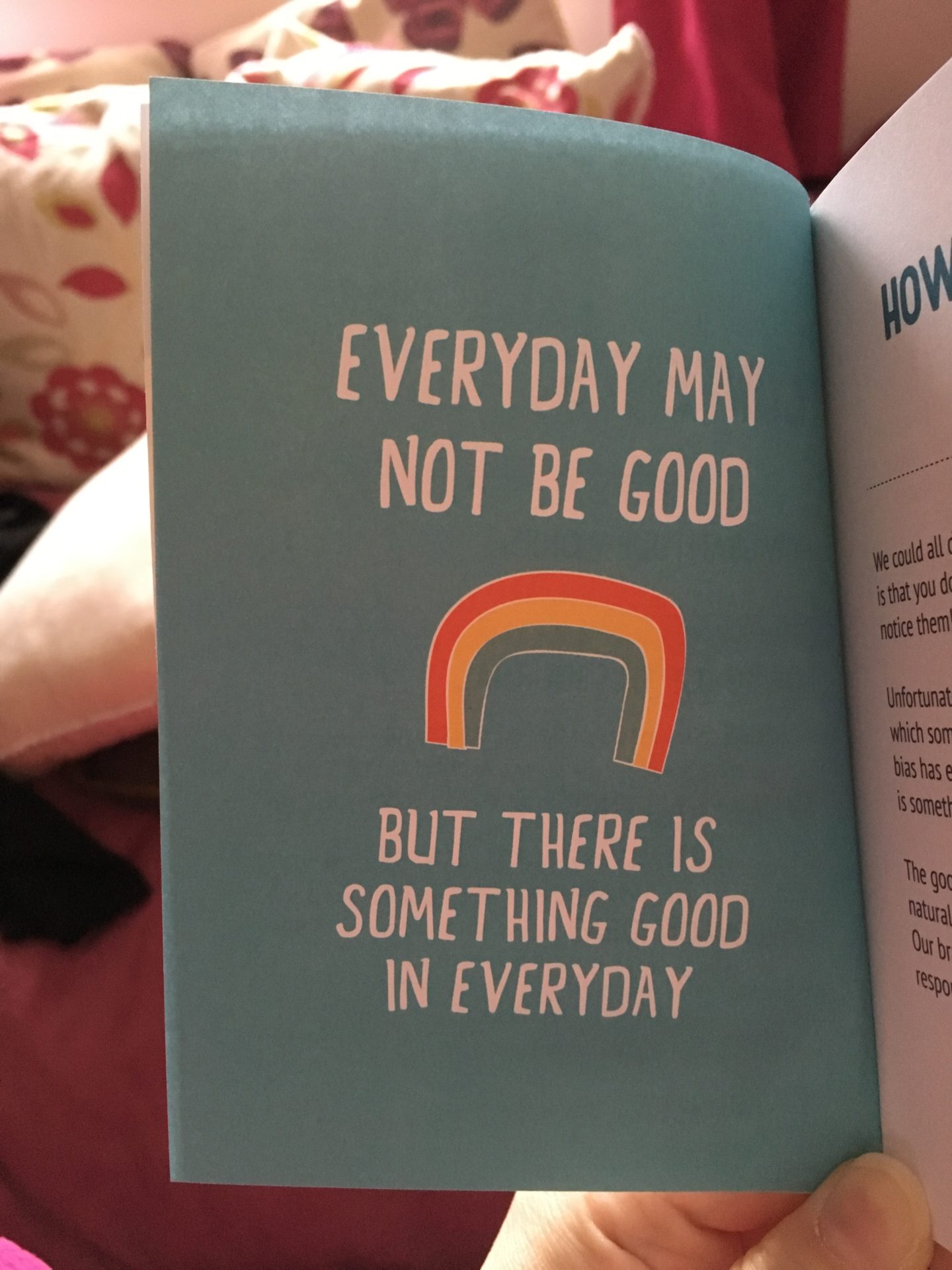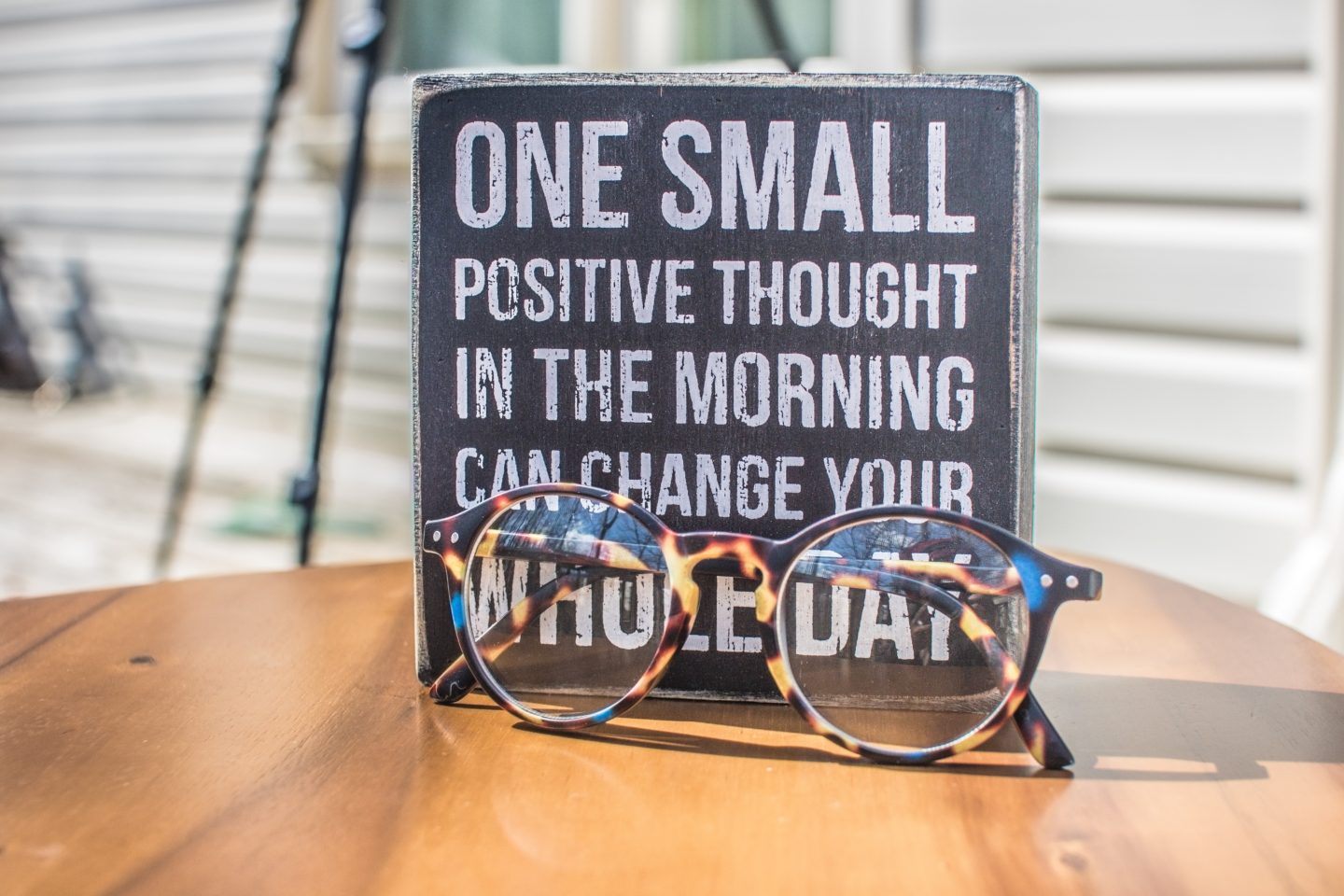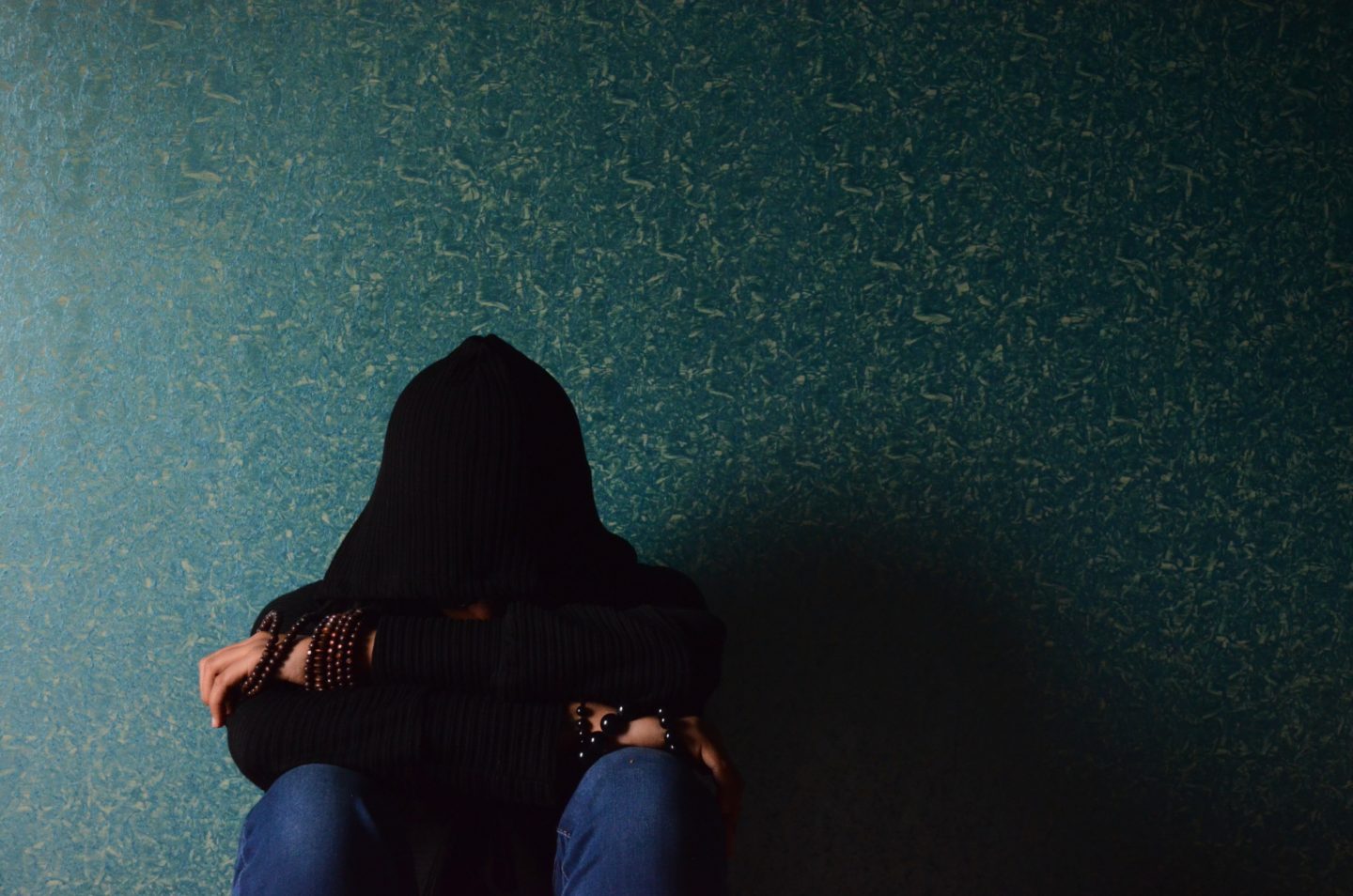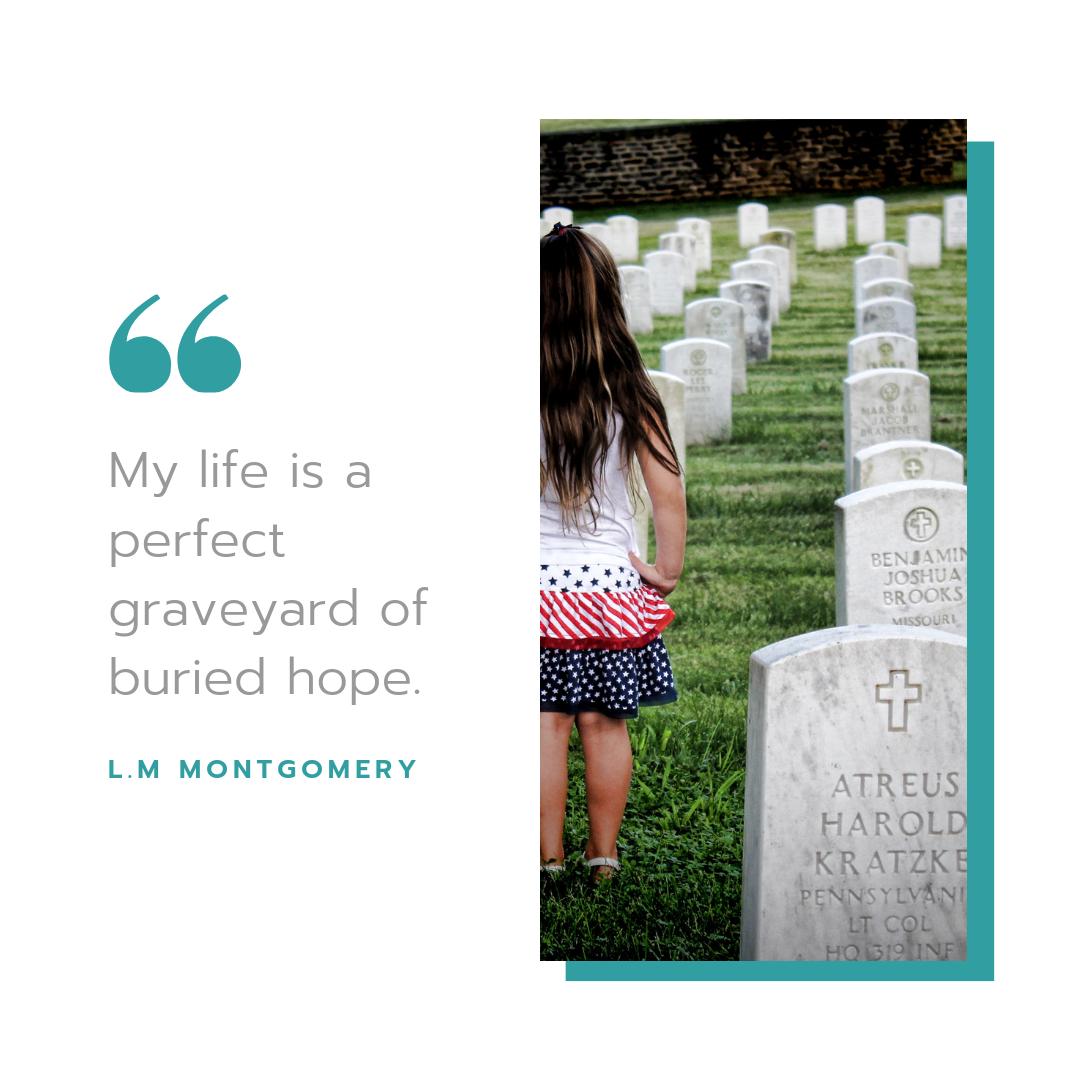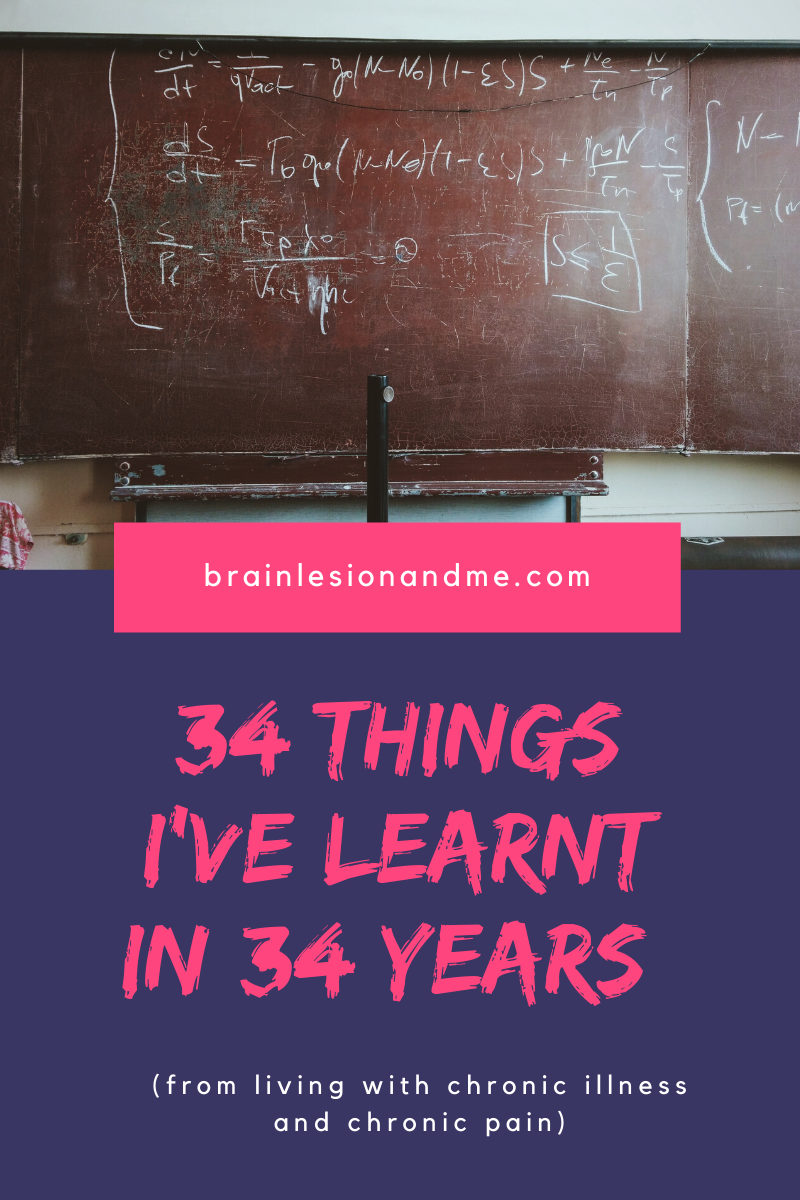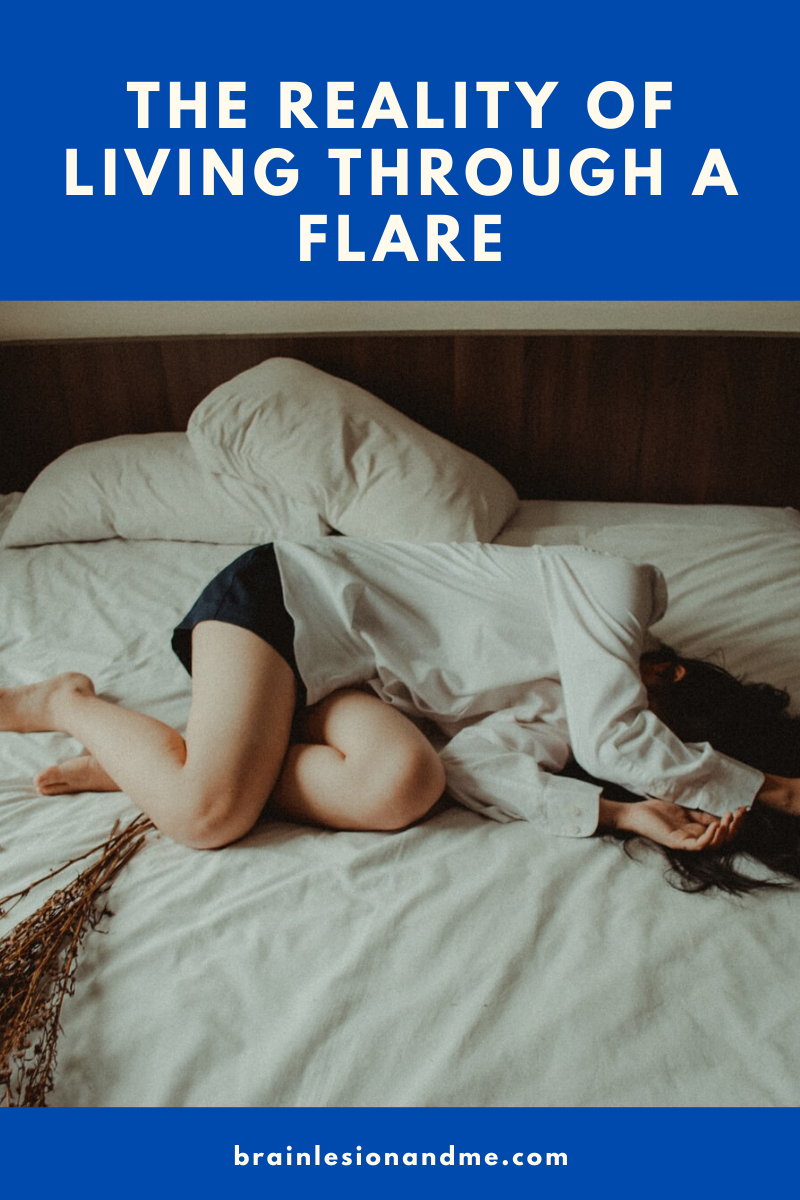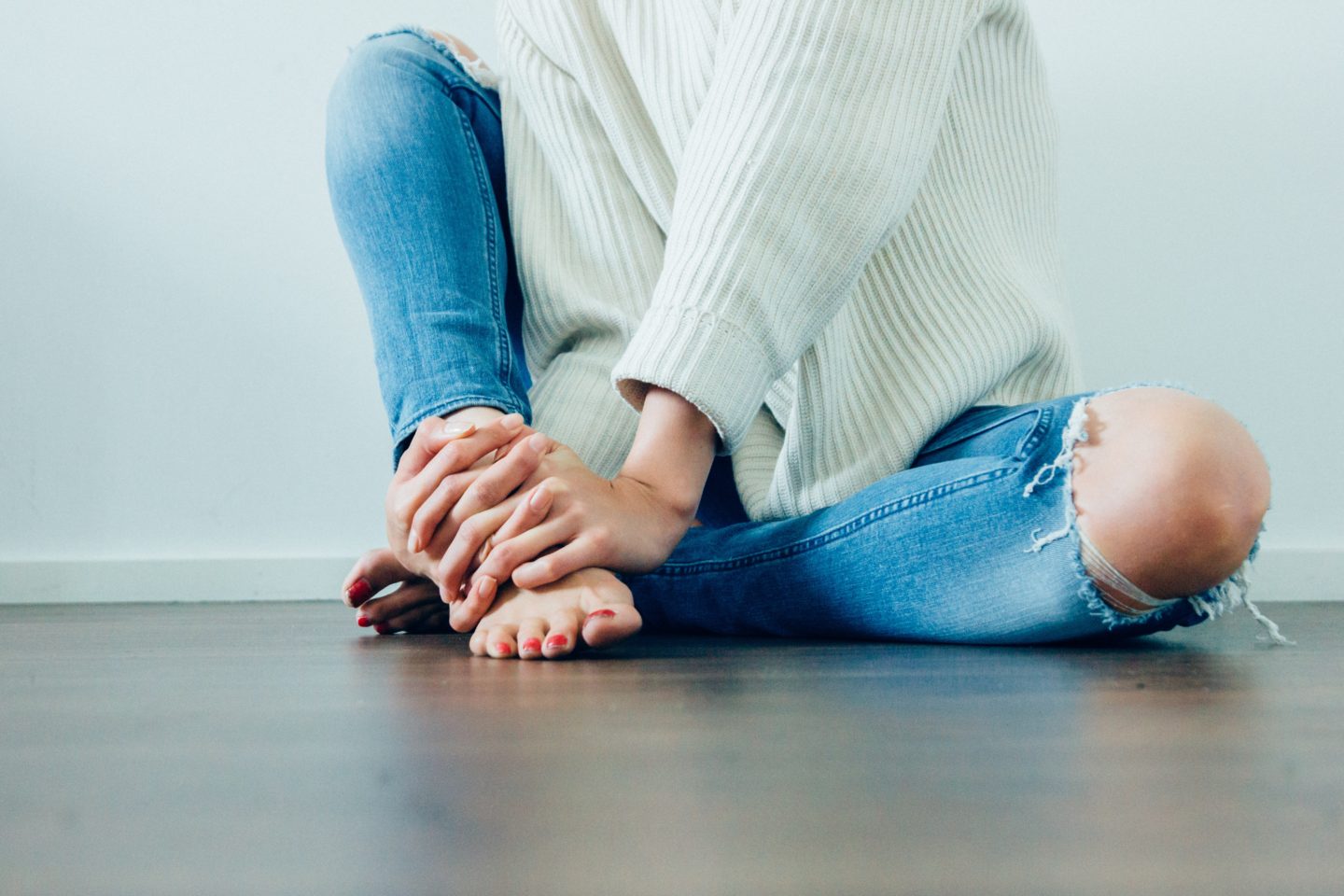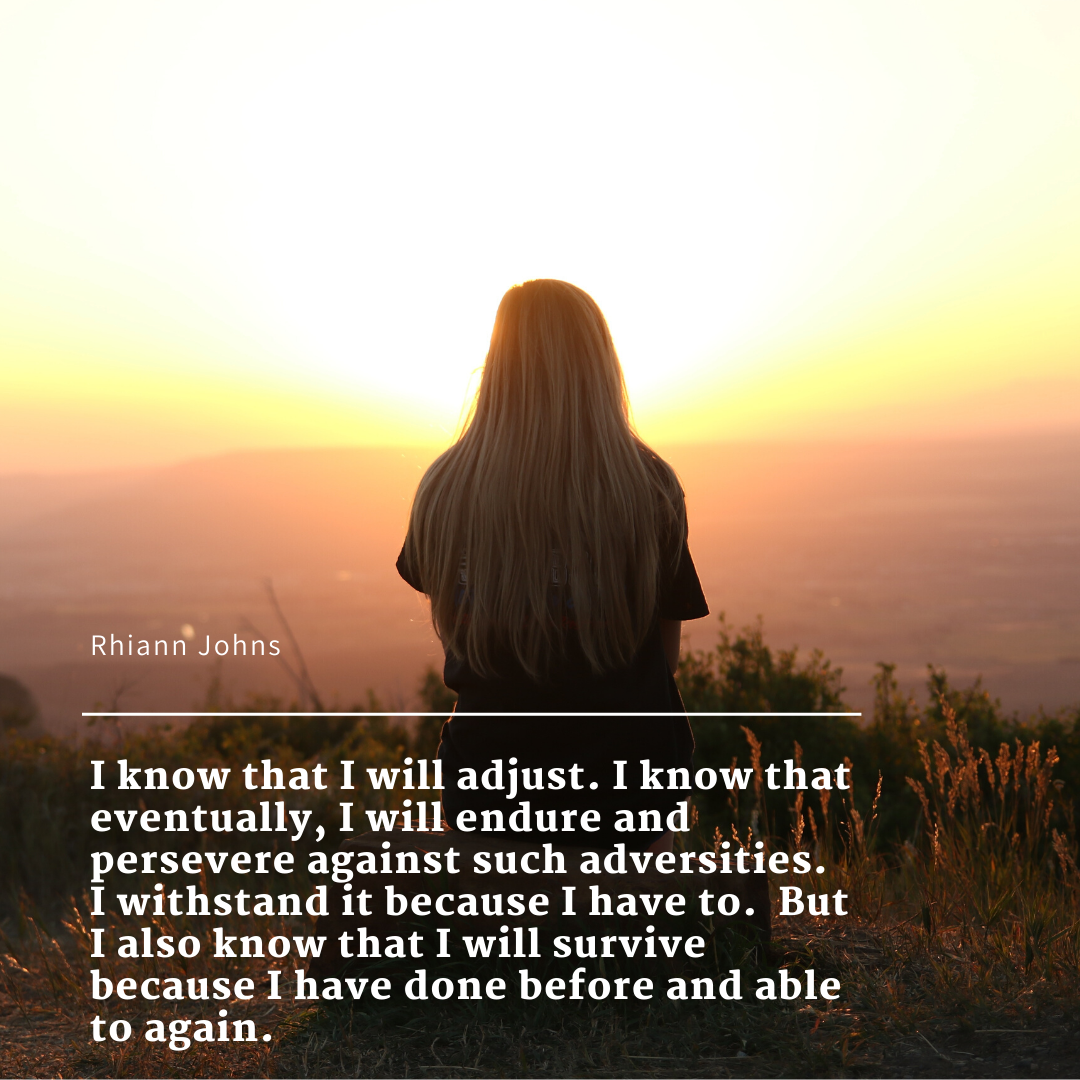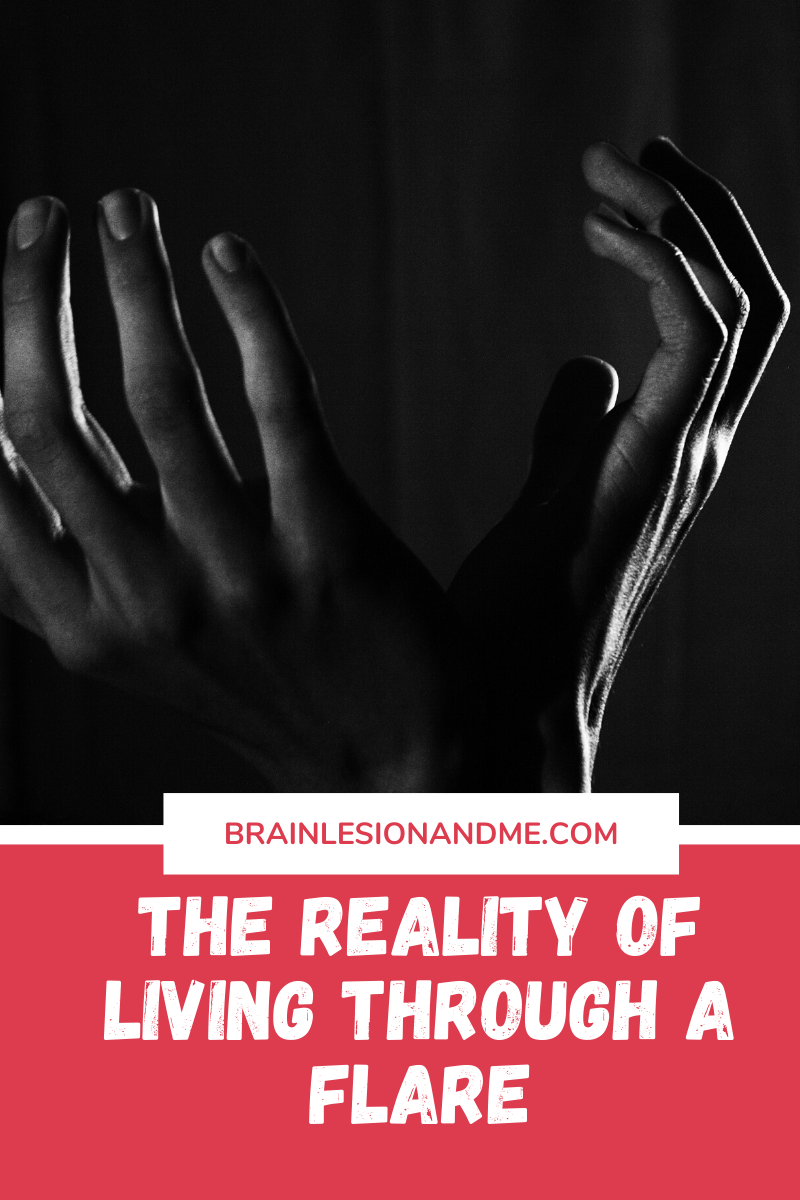Sheryl from A Chronic Voice, as well as sharing her own stories and lessons with chronic illness. Sheryl is an excellent support to other bloggers and writers living with illness and chronic pain. One such way is through monthly link-up parties whereby bloggers and writers share their stories through given prompts. This June, I have used the prompts to discuss how flares can go from the invisible into the visible.
After a long, arduous night battling intense, crippling pain, I find myself standing in front of a mirror. Doing so, I begin searching; searching for signs left behind by the symptoms that have tortured every facet of my being for so long. Like the most observant crime scene investigator, I meticulously search for evidence discarded by the offender that is chronic illness.
"I begin searching; searching for signs left behind by the symptoms that have tortured every facet of my being for so long. Like the most observant CSI, I meticulously search for evidence left behind by chronic illness." Click To TweetSure, I observe the extremely ashen complexion, and the severely dark circles under the eyes staring back at me. Both easily attributed to yet another sleepless night and not the torture that my body continues to wreak upon me.
The Invisibility of A Flare
But alas, there are none. The effects of the sudden ferocious flare that arose from nowhere have left no visible evidence of the devastation it has left behind. Surprisingly, illness, its accompanying symptoms and all its baggage often remain invisible despite the damage it inflicts upon its victim. And for the person living with the scourge of a flare, it is bewildering that others can think we look well when continually sieged by debilitating pain.
"The effects of the sudden ferocious flare that arose from nowhere have left no visible evidence of the devastation it has left behind. Surprisingly, illness often remains invisible despite the damage it inflicts upon its victim." Click To TweetFlares come and go. And each time that one passes came the hope that it would be the last one. And the desire that never again would I have to utter the words, “This is the worst that I have ever felt in my entire life.” But flares always come back. They would always return, and the hope that had recurred after the flare diminished, disappeared along with it. Yet again, forced to confront the ever-increasing presence of illness and disability in my day-to-day existence. Along with this, is the need to accept the increasing lack of functioning as a part of my life.
"They would always return, and the hope that had recurred after the flare diminished, disappeared along with it. Yet again, forced to confront the ever-increasing presence of disability in my day-to-day existence." Click To TweetThe Traumatising Effect of a Flare
Flares, with its spike in symptoms, and the excruciating effects of the increased severity of them is a kind of trauma in itself. The symptoms that accompany chronic illness are invariably unpredictable and intense, but even more so during a flare. And as such, living through one is both challenging and overwhelming.
"The symptoms that accompany chronic illness are invariably unpredictable and intense, but even more so during a flare. And as such, living through one is both challenging and overwhelming." Click To TweetDay and after day living through the hell of debilitating pain, and unable to do anything but lie and endure such torture, you begin to feel helpless. You also start to believe that the flare will never end, and instead trapped in this seeming nightmare always. The unpredictability, intensity, and relentless nature of such a setback can be scary, discouraging, and frustrating. Its very presence is a stark reminder of the power that chronic illness yields in our lives. And reminding us that we do not always have control over our bodies.

Even after the flare dissipates, there is a trauma of having to live with new limitations, a result of a further loss of functioning; a byproduct of the prior exacerbation. A loss of identity. A loss of self-confidence. The scars from previous flares, that had removed me from life, and which I had lost so much continue to haunt me. As well as the knowledge that it will inevitably return. And haunted by the gains returned to me after a prolonged flare, only to have them snatched away again.
"The scars from previous flares, that had removed me from life, and which I had lost so much continue to haunt me. As well as the knowledge that it will inevitably return." Click To TweetBecoming Disabled: My Body Responding to Frequent Flares
Because of the cycle of flares coming and going, my level of functioning and mobility, in particular, has changed. Steadily, worsening over time. Once, only relating to the label of being chronically ill, the deterioration in functioning added a new label to an ever-changing identity – disabled. It was now that as a result of the cycle of flares, the invisible slowly became more visible.
"Because of the cycle of flares coming and going, I have steadily, worsened over time. Once, only relating to the label of chronically ill, the deterioration in functioning added a new label to an ever-changing identity – disabled." Click To TweetFlares: From The Invisible To The Visible
Where once I was unable to rely on myself, I was now unable to rely on my body because of the devastatingly debilitating effects of the symptoms that accompany FND. My new life came with a variety of paraphernalia associated with disability.
"Where once I was unable to rely on myself, I was now unable to rely on my body. My new life came with a variety of paraphernalia associated with disability." Click To TweetOver time, I needed a variety of assistive walking devices. Different mobility aids for different mobility days; some days, a single cane will suffice in helping me get around. Other days, I find myself needing extra support, which a crutch fails to provide, so a rollator came into my life. And the terrible days, where my legs are being incredibly uncooperative, a wheelchair is needed. Going out, I began to need a disability badge in the case that my legs unexpectedly give way.
While before my symptoms were invisible when I become more visibly disabled, however, I found it was me that became invisible.
Honouring My New and Ever-Growing Limitations
As the identity of ‘disabled’ made me feel invisible and even more isolated than before, I began to resent it. I ignored what my body needed and did everything to blend in, to once again feel visible in the world. The assistive devices that now played a prominent role in my life were left at home, discarded and redundant just as they had made me feel redundant, unable to live life like I once had.
"As the identity of 'disabled' made me feel invisible and even more isolated than before, I began to resent it. I ignored what my body needed and did everything to blend in, to once again feel visible in the world." Click To TweetIt, however, only led to more falls as a result of a lack of support and balance such aids provided. All the extra walking needed to get around only resulted in more pain. And after returning home, overwhelming fatigue emerged, left unable to do anything but tolerate it. I had to learn to accept the inevitability that flares go from the invisible to the visible. And as such, had to acknowledge my need for such assistive devices.
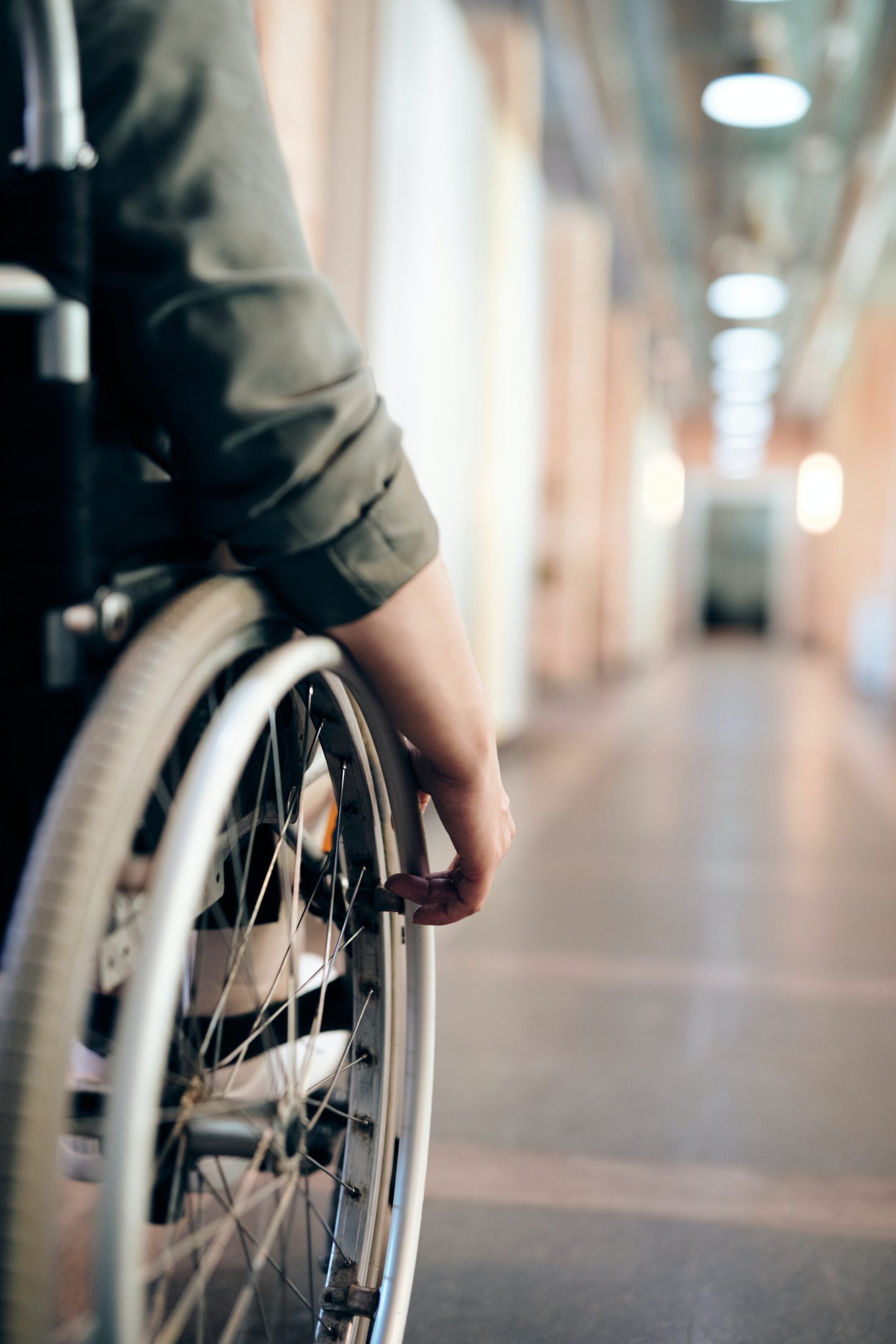
Honouring the disabled label was a gradual process. Some days, I felt disabled, and days when I didn’t. The tag was an ageing-in sort of thing that took many years of being sick and living with FND. Disability is a unique lesson in acceptance; by honouring the limitations of my body and embracing the mobility aids that accompany it, I can be happier and be more productive than without them.
"Disability is a unique lesson in acceptance; by honouring the limitations of my body and embracing the mobility aids that accompany it, I can be happier and be more productive than without them." Click To TweetHoping That The Label Will Become Only A Small Part of My Life
The severe debilitating effects of a flare, and the resulting disability it causes often feel that it plays a significant and prominent role in my life. At times it feels that the diagnosis defines me, and the rest of my life pales into insignificance. Even more so, during a debilitating flare, or on the awful days, which there are many.

So, I began hoping and living for the moments in between. The good times in between flares, the good parts of the day when I’m not in pain. Or those times where the other symptoms are quiet in the background. And the times when I don’t have to always worry about my health; or concerned when the symptoms will next suddenly appear.
"I began hoping and living for the moments in between. The good times in between flares, the good parts of the day when I'm not in pain, or where the other symptoms are quiet in the background." Click To TweetI am hoping that over time, despite the disability that has begun to impact every facet of my life significantly, that it will become just another part of my life. I hope that it will become a small part of my life; even on the bad days.
